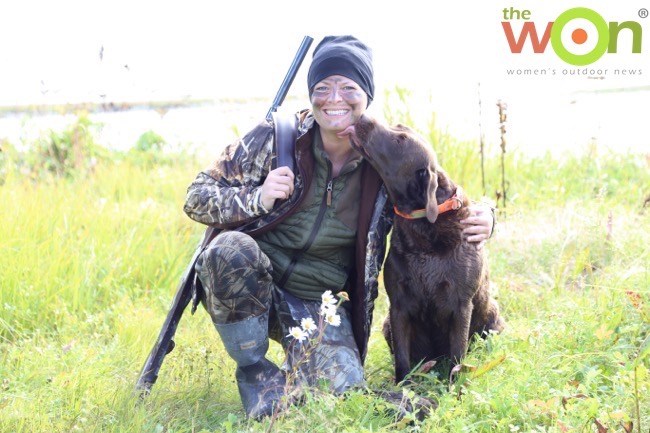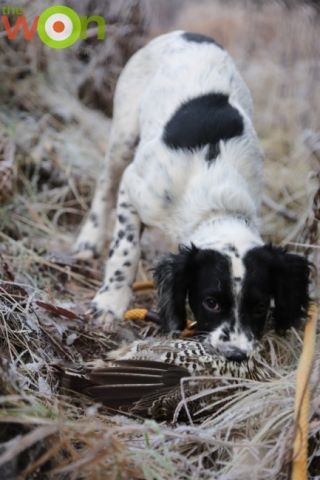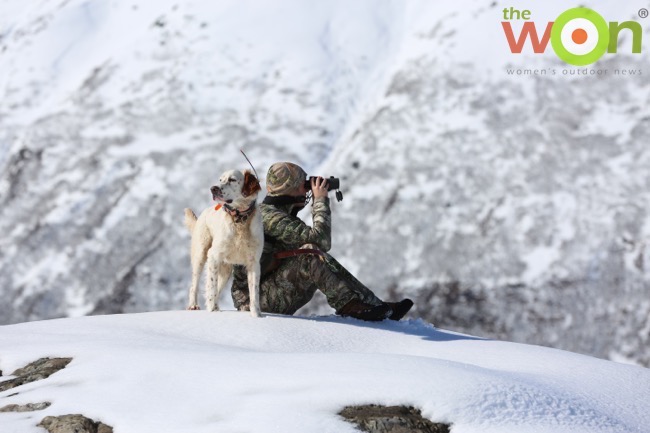Some of my favorite memories are of hunts that other people might consider unsuccessful. They are the times I fell on my face but got up, humbled and smiling. Perhaps the greatest difference between hunting and other sports is how winning and losing are judged. In hunting, there are times when we come home empty-handed but with full hearts. Here are a few hunting mistakes I’ve made along the way. I don’t regret them, but I could have avoided them.
My First Miss
The first time I went duck hunting, I missed. Before that moment, I had spent a few weekends at a range learning how to shoot a shotgun, and approximately 20 minutes crawling through marsh muck in borrowed camo raingear. There was not a moment in that 400-yard stalk that I didn’t think about standing up and calling it quits. The smell of the swamp, the spider webs, the shrews, and the miserable wetness were almost too much to bear. When I saw the ducks lift off the pond, my shot was what some call a “Hail Mary”—made in desperation, with a small chance of success. However, my Hail Mary was full of grace: As I watched the pair of widgeon fly off into the sunset, all I wanted was another chance. I was hooked.

Christine and Cheyenne sans ducks after a duck hunt. (Steve Meyer photo)
The ability to hit a duck represents the epitome of shotgun proficiency. A beginning shotgunner would do better to start with more time in the gun and move on to close-ranging species, such as pheasant. Practice at the range with a duck gun, and for a first duck hunt, hunting from a blind is preferable to jump or pass-shooting. The ability to judge leads and adjust for the speed of flight takes more practice than math. My mistake was that I did not acquire a target or lead it. I had duck fever, and shot at birds that were beyond the range I could effectively shoot. This mistake is called “skybusting,” and is reviled in the duck-hunting world.
Rumors of Birds
I had driven 700 miles north from my home on Alaska’s Kenai Peninsula with my hunting partner and a 5-month-old English Setter pup, Winchester, who lay curled in the back seat of the cab. We were eager to get him on birds and heard a rumor of abundant sharp-tailed grouse in a particular farming community. A good grouse covert is hard to find, however, and those who have one tend to keep it secret. We knocked on doors, met friendly dogs, and followed treasure maps to coverts given to us by friends. After three days without a single bird in the bag, I was happy enough to have had the chance to meet new friends and see Winchester run the fields.

English setter pup (Colt) with his first grouse. (Steve Meyer photo)
Off-season scouting provides a benefit beyond just learning the location of birds. The opportunity to get outside and find birds without hunting them offers clues that hone your hunting sensibilities. If it’s not possible to “get a feel” for the area by physically going there, advance word from the landowner or information online from state parks, the National Parks Service, or the Bureau of Land Management helps. My mistake was not in a failure to research, but in being so excited to get a pup on birds that I believed in the “gimme” hunt—a hunt where the game is so abundant, nothing can go wrong. A gimme hunt follows a corollary of Murphy’s Law: If something can go wrong, it will. And if nothing can go wrong, it most certainly will.
Mountain Mirage
The first step in making a mistake is to not have a plan. “Spontaneity” was my romantic notion and excuse for eschewing a plan for a bear hunt years ago. To have a plan, I thought, was boring. The best-case scenario is that things go according to plan. What fun is that? Why should a spontaneous creature such as myself “plan the hunt and hunt the plan”? The second step to mistake-making is almost as important as the first: not having a Plan B—a contingency plan. If someone asks what your Plan B is and you answer, “My plan be to run up that mountain and shoot that bear,” you might be in trouble. I was once in this kind of trouble.

Christine glassing for bears with Cogswell. (Steve Meyer photo)
I had never hunted bears before, but I had a harvest ticket and a bear gun when our morning’s plan to hunt birds fell through. A bear hunt was not my Plan B, but it formulated quickly when my hunting partner spotted a black spot on the side of the mountain. Through the binoculars, it appeared to be a giant boar. “Let’s run up there,” I said. At the time, my ability to walk in the mountains was, more accurately, an ability to hike a trail. I had never gone off through the brush after a bear. Instead of lecturing me, my more experienced partner let me find out for myself.
Three hours later, the bear seemed just as far away. My shoes were inadequate for side-hilling, and the bear was on the move. Since that day, whenever someone points up a mountain and makes light of the distance or terrain, I think of the way my feet looked that night. I remember lying on the side of the mountain, laughing at myself as I peered through my binoculars, watching as the distant bear ate flowers. I remember how good it is to learn things the hard way, because it’s when we’re passionate that our vision gets clouded. It’s OK to make hunting mistakes, as long as we try not to make them.
Christine Cunningham is a lifelong Alaskan, author and outdoor columnist known for her contributions to outdoor magazines and her commitment to creating opportunities for women to connect and share their stories. Her first book, “Women Hunting Alaska,” profiles some of Alaska’s most outstanding female hunters. View all posts by Christine Cunningham